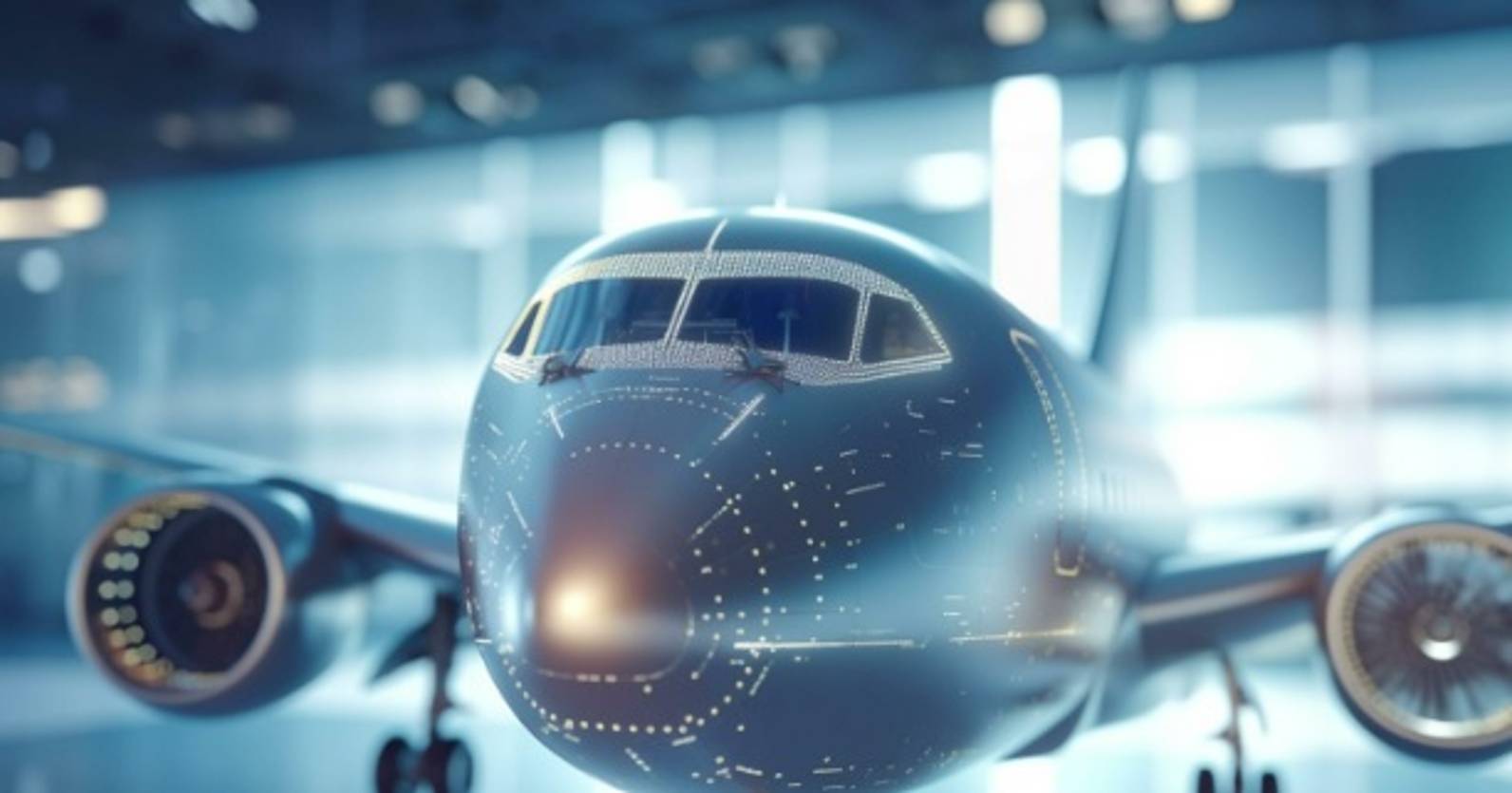According to INFORM Australia, a provider of AI and Machine Learning software for Australian airlines the AI aviation market projected to reach USD 4.04 billion by 2032, highlighting Australia’s potential to lead in leveraging AI technology to address changing consumer travel preferences.
Recent statistics from the Australian Bureau of Statistics (ABS) illustrate a significant shift, with Indonesia surpassing New Zealand as the preferred destination for Australian travellers for the first time in nearly fifty years.
This change signals Australian passengers’ evolving needs and behaviours, underscoring the importance of a flexible and responsive aviation industry.
Dr Paul Flachskampf, CEO of INFORM Australia said, “AI offers unprecedented opportunities for optimising flight schedules and managing passenger flows, ensuring airlines can swiftly adapt to new travel patterns,”
By embracing AI, the aviation sector can enhance operational efficiency and improve the passenger experience.” he said,
Implementing AI across Australian airlines and airports is a strategic move aimed at maintaining the industry’s competitive edge on a global scale.
INFORM Australia emphasised the necessity of ethical AI practices during this period of technological adoption, focusing on innovations that prioritise privacy, security, and transparency.
Dr Flachskampf says the integration of AI into aviation is not just about technological advancement; it’s about setting a new standard for how the industry responds to and anticipates the needs of its customers.
“Australia’s commitment to ethical AI use positions us as leaders in this space, ready to navigate the challenges and opportunities ahead,” said Flachskampf
With ongoing advancements and investments in AI-driven solutions, the Australian aviation industry is poised to not only meet but exceed the expectations of modern travelers while ushering in a new era of innovation and excellence in air transportation.
According to Thomas Luke, PhD candidate at Swinburne University of Technology’s Aerostructures Innovation Research (AIR) Hub, AI should be a crucial consideration in the aviation industry’s transformation with its potential to accelerate sovereign projects in the sector.
“AI tools offer a vision of the future where exploring a broader range of solutions becomes more efficient and accelerates our progress so that Australia becomes an aviation leader worldwide.” he said.
Asia Pacific Emerges as Prime Market for Aviation Industry Growth – (AI)
The Asia Pacific region is poised to become the focal point for aviation industry expansion in the upcoming forecast period.
With countries such as China, India, Thailand, South Korea, Australia, and New Zealand actively enhancing their airline infrastructure to bolster tourism, experts anticipate unprecedented opportunities in the market.
The burgeoning tourism industry in Asia Pacific is propelling the development of advanced air connectivity systems. As a result, the Asia Pacific region is swiftly emerging as a key player in the global aviation market. Development is expected to have a profound impact on the growth trajectory of the Asia Pacific AI in aviation market.
Largest Revenue Share In The Global AI Aviation Market – Machine Learning
The machine learning segment has soared to unprecedented heights, securing the largest revenue share in the global AI in aviation market for the year 2021.
The monumental achievement is attributed to the demand for big data analytics and the indispensable need for data collection within the aviation sector worldwide.
The exponential growth of machine learning technology in aviation has also revolutionised the industry landscape, with its enhanced capabilities to tackle complex computations and previously insurmountable tasks.
The technological prowess has cemented the dominance of the machine learning segment, propelling it to the forefront of the global AI in aviation market.
In 2023 Virgin Australia set out to modernise its revenue management practices with an AI-driven Retail Intelligence suite to increase traveler satisfaction and improve revenue management.
The Australian Aviation Market size is estimated at USD 1.9 billion in 2024 and is expected to see a decline to USD 1.63 billion by 2029. Currently, the aviation industry represents approximately 5% of the Australian economy.







